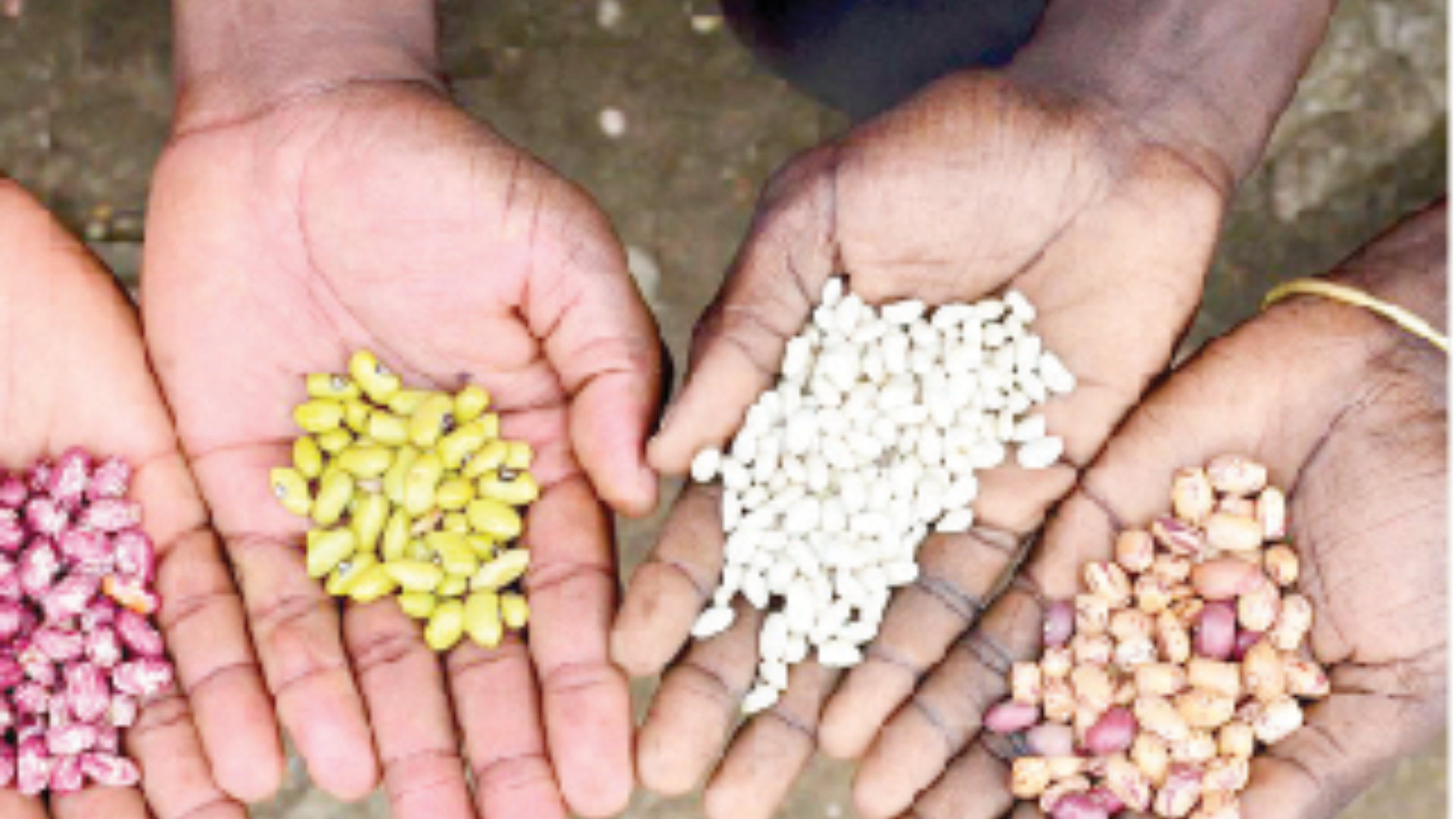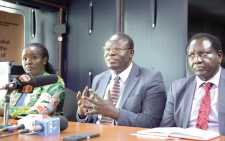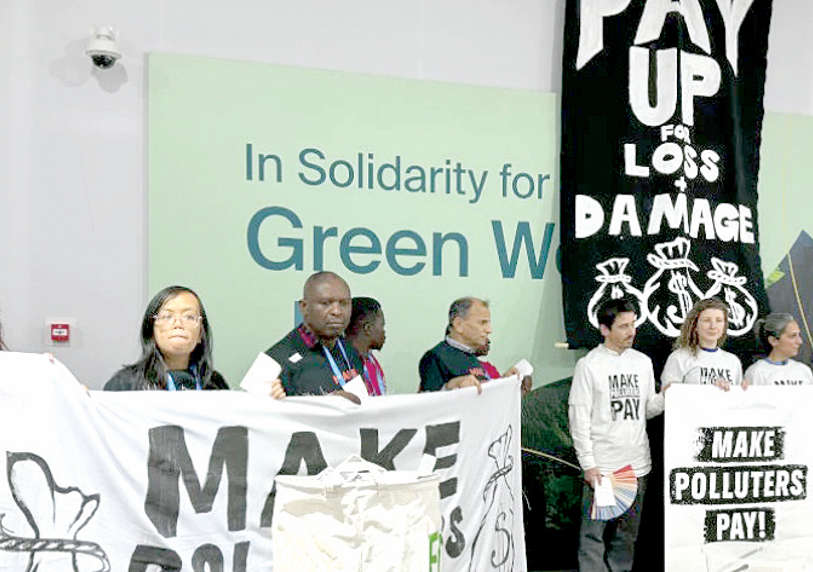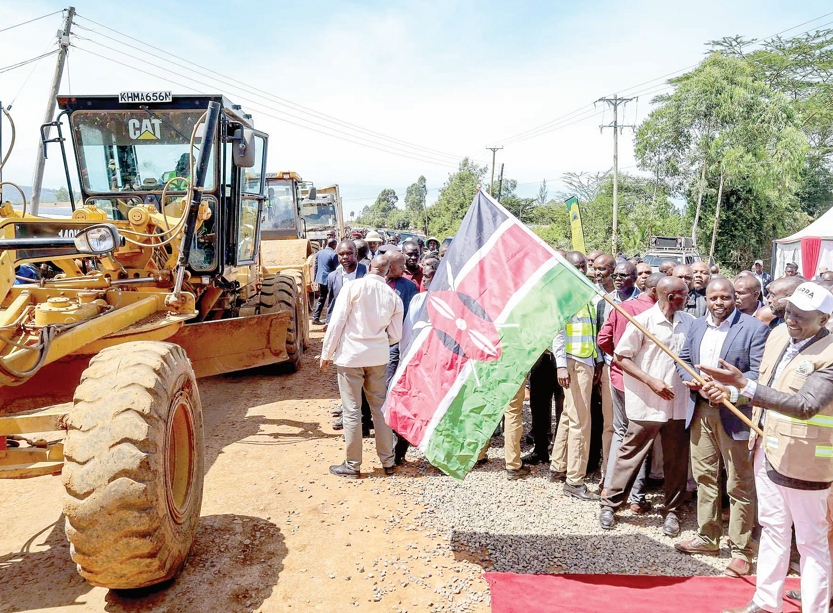Kenya has huge potential for certified seed production to boost food production but the same is underexploited contributing to recycling of informal seeds by farmers, claim researchers.
According to the Kenya Plant Health Inspectorate Service (Kephis), the current annual demand of certified seeds stands at 123,628 tonnes.
Simon Maina, Kephis director in charge of seed certification and plant variety protection said that farmers over the years have increased appetite for clean seeds with current production of law planting materials standing at 50,000 tonnes accounting close to 40 per cent.
Recently, during a media science café, researchers noted that current output of certified seed of over 50 million kilogrammes does not meet the current demand from the farmers.
“Uptake demand of certified seeds has increased to more than 50,000 tonnes annually from over 200 registered companies and the uptake of the same by farmers is 100 per cent. However, the annual production of the clean seeds doesn’t match the demand resulting in reutilising of seeds by a significant percentage of growers,” Maina added.
This, he stated, leads to low production of food as reused seeds are vulnerable to diseases and pests in addition to vagaries of climate change.
The media science café was organised by International Service for the Acquisition of Agric-biotech Applications (ISAAA AfriCeter) through the Africa science dialogue and the Open Forum on Agricultural Biotechnology (OFAB) in Africa.
According to recent studies by Kephis, Maina confirmed that annual production of maize clean seeds stands at 69,895 tonnes, beans (47,654MT), cowpea (5,254MT) and sorghum (825metric tonnes).

















